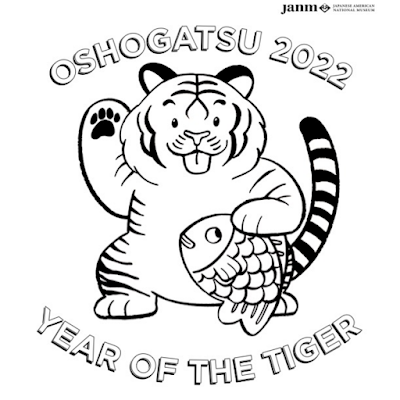
Happy Imperfect New Year
The start of a new year offers us the hope of a new beginning, a fresh start, a clean slate. As we begin the new year, many people make plans to improve their lives through New Year’s resolutions. And it is polite and kind to wish others happiness, prosperity, good health, love, and good fortune in the coming year. These are great traditions—maintaining hope and offering good will to our neighbors are important.
But it’s also important to approach the new year with a sense of humility and realism. Buddhism reminds us that the world of samsara is imperfect and impermanent and we humans are motivated by self-interest and misguided by limited understanding. The 3 poisons of greed, anger, and ignorance motivate our actions.
Given our limited perspective it is easy to set high expectations for the new year and then become discouraged when a goal is not achieved. Remember a year ago when many thought COVID would go away and life would go back to “normal” in 2021! Clearly, we were wrong. Across the globe, we were ignorant, greedy, and limited in our ability to respond wisely to the situation and so the problem was not resolved.
Looking around at our families and communities, as well as nationally and internationally, we see many other political, environmental, and personal issues to be concerned about. Regardless of differing beliefs about the severity, causes, and potential solutions to these issues, I think we all wish we humans were doing better. It is easy to imagine a safer, happier, more compassionate world, but hard to achieve it.
Because it is easy to imagine doing better, we may set our expectations for the new year too high. We may hope that with a fresh start everything will get better. And, when it doesn’t, we become discouraged and give up. However, Buddhism emphasizes the middle path, avoiding these extremes of optimism and despair. In the case of New Year’s resolutions, we want to avoid being too optimistic (expecting our goals for the new year to all be met) or too pessimistic (giving up on trying to make things better because we don’t believe it is possible).
The Jodo Shinshu Buddhist teachings that emphasize humility and compassion can help us approach the new year with more realistic expectations for ourselves and others.
Embraced by Amida Buddha’s infinite and unconditional compassion, it is easier to accept mistakes and failures (our own as well as those of others) with compassion and even a sense of humor.
I guarantee 2022 will NOT be perfect, and that’s OK. The Buddhist teachings encourage us to recognize our failures, acknowledge and repair our mistakes, and respond compassionately to the mistakes of others.
Happy Year of the Tiger!
あけましておめでとうございます。 Akemashite omedetou gozaimasu.
Namo Amida Butsu,
Rev. Anne Spencer (Assistant Minister, IOBT)



